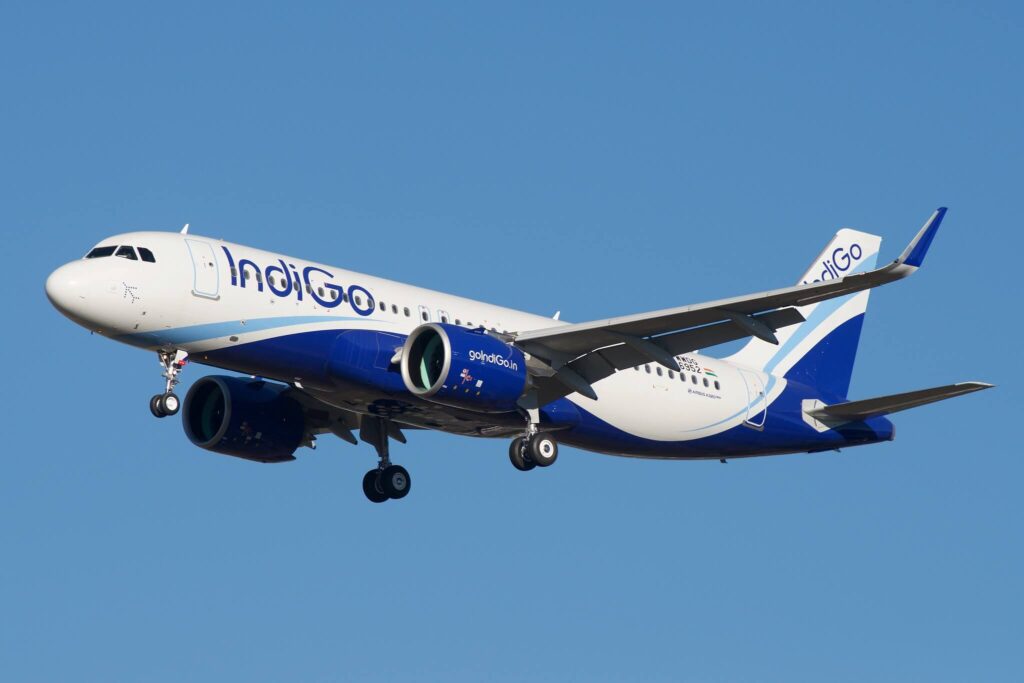In what seems to be a gamble on the recovery of the aviation industry, IndiGo, India’s largest airline, has said that it will continue integrating new aircraft to its fleet, as well as taking deliveries from Airbus for their new A320neo aircraft.
This is even as the airline does not have any particular guidance on future capacity growth owing to the coronavirus pandemic, which has decimated the demand for air travel in one of the world’s fastest-growing aviation markets, India. A nationwide lockdown of about two months has significantly impacted the company’s overall profitability, leading to an announcement made yesterday by InterGlobe Aviation (IndiGo’s parent company) of a net loss of Rs 871 crore (approx. $115.5 billion).
The airline, which has been the world’s largest customer for Airbus’ most popular jet, the A320neo, plans to return its entire fleet of 120 older, leased-out planes to lessors in the next two years.
Chief Executive Officer Ronojoy Dutta said in a conference call with analysts and investors after the carrier reported its fourth-quarter earnings Tuesday: “Almost all or close to all of those aircraft will be replaced by new jets,” Dutta said, without giving a time frame for that to happen. He continued by stating that “We are in active discussions with Airbus – we will take a large number… It will all depend on the revenue picture and the pricing we get and so forth, but we will take a large number.”
Additionally, according to InterGlobe’s President Wolfgang Prock-Schauer, IndiGo is set to take delivery of 30 A320neos. There is however no firm timetable in place, with IndiGo having added 42 A320neo-family aircraft during the year ending on March 31.
IndiGo’s statement on plane inductions is welcome news for Airbus, which had slashed its target for production by more than 30%, and warned of further reductions and job cuts if nothing was to pick-up.
The airline is also in talks with an engine manufacturer to settle a dispute, it said without identifying the supplier. IndiGo’s fleet of A320neo jets are powered by Pratt & Whitney engines which have been plagued by repeated glitches in the past few years.
IndiGo seems to be joining a small group of low-cost airlines around the world that are keeping growth plans intact, rather than the many other airlines that are scaling back their fleets and workforces in response to rather sombre outlooks on the future of air travel passenger demand for the foreseeable future. Last week, Ryanair CEO Michael O’Leary said that the carrier was planning to rebound their growth by negotiating incentives with traffic-starved airports and a big bet on the return to service of the 737 MAX. Additionally, last month, Wizz Air CEO Jozsef Varadi said the carrier still plans on taking delivery of the hundreds of jetliners it has on order from Airbus.
Other airlines such as Emirates and Qatar have said they will discuss deferring deliveries as they believe it may be several years before demand reaches pre-pandemic levels.

